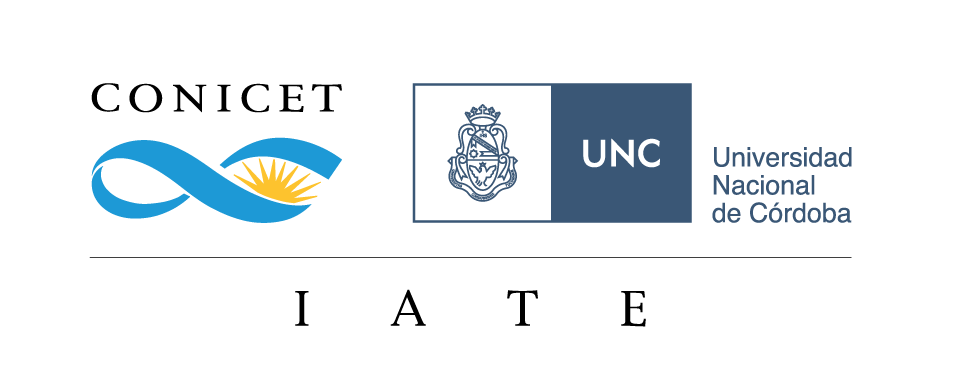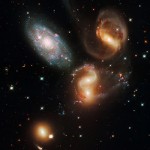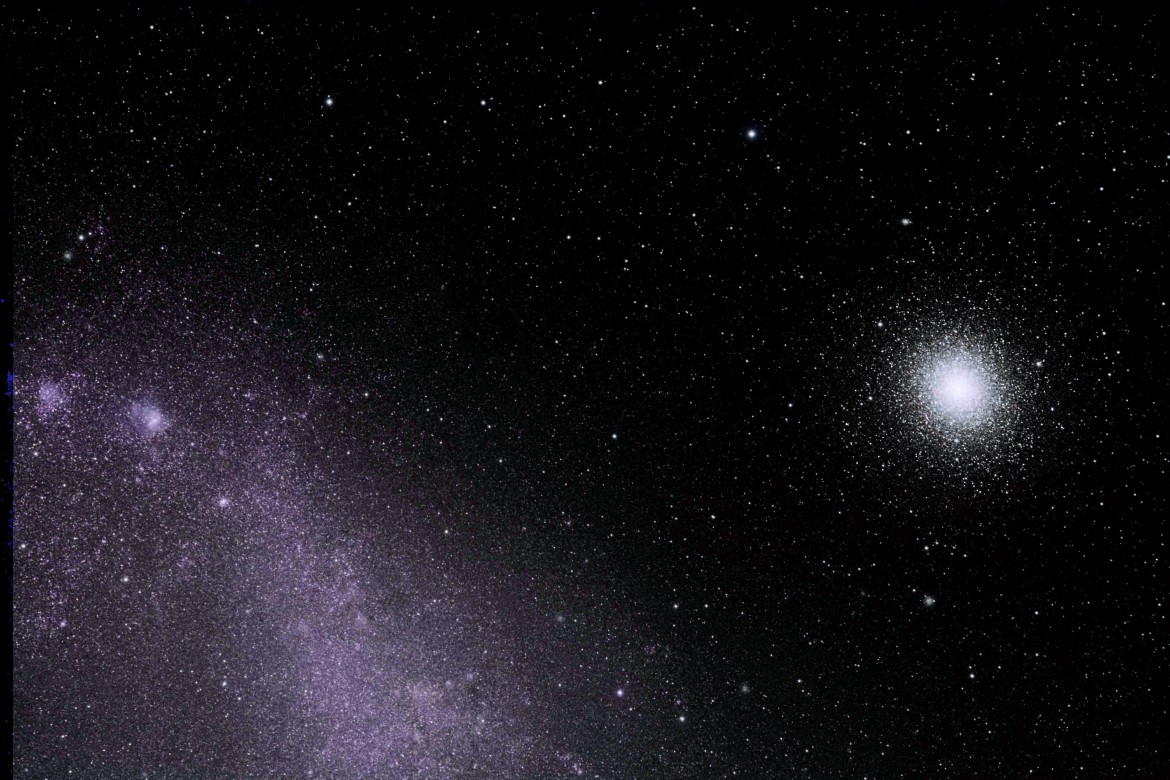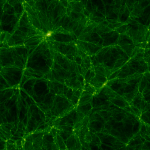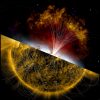The FOF Meeting is a yearly international meeting that gathers researchers from several countries around the world with the purpose of foster interactions with local researchers and promote the creation of new collaboration networks.
The meeting is organized jointly by the Instituto de Astronomía Teórica y Experimental (IATE) and the Observatorio Astronómico de Córdoba (OAC). The event encourage the strong participation of researchers and doctoral and postdoctoral students from the local community. The main topics are astrophysical plasmas, cosmology, large scale structure, extragalactic astronomy, stellar astrophysics and planetary systems. The official language of the meeting is English.
The main purpose of this meeting is to strengthen existing collaborations and to encourage the interaction between recognized researchers and students, postdocs and local researchers. Also, it aims at promoting the creation of new collaboration networks, exposing the works of local researchers in an international environment, updating the knowledge on the topics presented at the meeting and bringing new research topics and projects to students. The organization of all the activities are oriented to encourage the development of new initiatives with local and visiting participants. Previous editions of this meeting have produced successful collaboration networks to generate observational and theoretical projects.
The organized activities of the FoF meeting generates a friendly environment which promotes interactions between researchers, and include plenary talks, contributed talks and posters, discussing groups and hand on sessions. Also, the introduction of new “friends” to the collaboration networks allows the inclusion of new approaches, data sources or theoretical tools to ongoing projects.
The talks are oriented to a professional audience, and promotes the discussion of the state of the art of hot topics within the areas of expertise of the organizing institutions research departments and of the participants from other countries. Also, special sessions are organized in order to help students and young researchers to initiate on new subjects or to develop skills and use modern tools.
Próxima reunión FOF
Página de la Edición XV 2025.
Página de la Edición XIV 2024.
Página de la Edición XIII 2023.
Página de la Edición XII 2022.
Página de la Edición XI 2021.
Página de la Edición X 2020.
Página de la Edición IX 2019.
Página de la Edición VIII 2018.
Página de la Edición VII 2017.
Página de la Edición VI 2016.
Página de la Edición V 2015.
Página de la Edición IV 2014.
Página de la Edición III 2013.
Página de la Edición II 2012.
Página de la Edición I 2011.
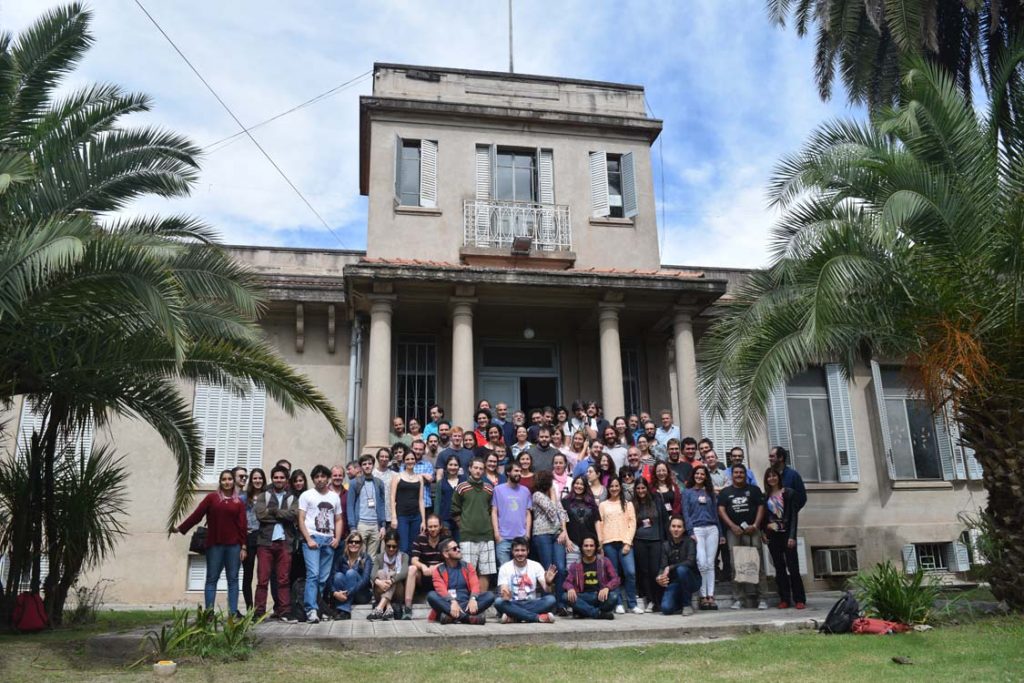
FOF 2019
